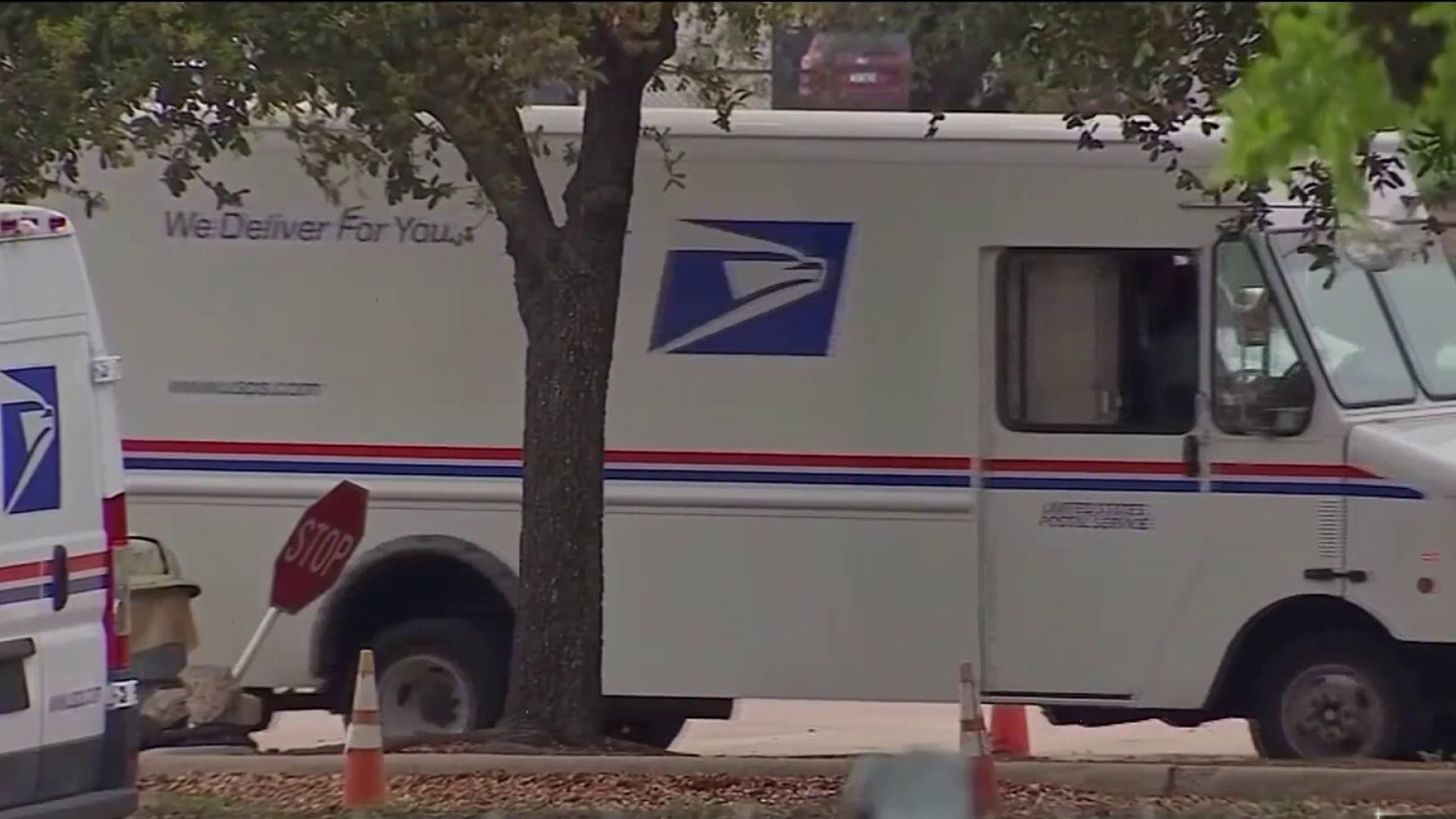Less than two years ago, Richmond voters slapped city lawmakers with a dose of reality, shooting down a proposed ‘soda tax’ measure that would have been the first of its kind in the country.
Now, San Francisco’s Board of Supervisors is even more ambitious.
The Board approved a tax on sugar-sweetened beverages Tuesday afternoon, sending the measure on to the voters this fall.
Should two-thirds of the electorate approve it, the SF tax would charge consumers an extra two cents per ounce of any sugary drink more than 25 calories (with a few exceptions), doubling the Richmond measure’s one cent per ounce tax.
The man sponsoring the measure, Supervisor Scott Wiener, told NBC Bay Area recently, "Two cents per ounce is a tax that people have, but getting diabetes and having those health problems is a much bigger tax that these communities are having to pay."
This is often the argument made in support of a tax on sugary drinks- By discouraging people from buying and drinking these high-calorie, high- sugar beverages, we will cut down on negative health outcomes like diabetes.
Local
But if that’s the logic at play, you might find the structure of the San Francisco soda tax curious.
The city wants to tax the drink by fluid ounces, rather than by calories.
A recent study financed by the Robert Wood Johnson Foundation, a long-time supporter of sugary drink taxation to combat childhood obesity, concluded that taxing drinks by calories is a far more effective way at discouraging people from buying high-sugar beverages.
That’s because the consumer will inevitably opt for the cheaper, healthier option, the study concludes.
Consider the following:
A Monster Energy drink, an Arizona Iced Tea, a Coke and a Vitamin Water would all be taxed under this measure at a similar level, between 40 and 48 cents, depending on the amount of fluid ounces in the drink.
But if you started taxing those drinks based on calories, you would get a much more significant spread. Let’s say, for example, that you tax those drinks at .002 cents per calorie instead.
The Monster Energy drink, the option with the highest calories (300), would command around a 60 cent tax. The Vitamin Water, on the other hand, would be around 25 cents.
Is this more equitable, and effective?
The lead author of the study, Dr. Chen Zhen, told the New York Times this structure provides more incentive for the consumer to choose the healthier, lower-cost option.
“One of the concerns about taxing ounces of sugar-sweetened beverages is that consumers are paying the same tax whether they buy 12 ounces of a drink with 150 calories or 12 ounces of a drink with 50 calories,” Zhen said.
Berkeley also has a soda tax measure on the ballot this fall, that will target a 1 cent per ounce tax.



